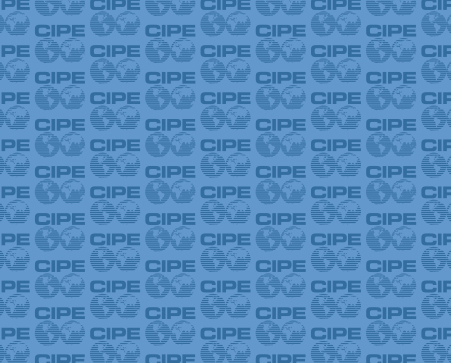
If Hernando de Soto was overestimating how much wealth the world’s poor had accumulated by a factor of two, they would still hold twenty times the value of all foreign aid received since 1945. Unfortunately most if not all of those assets are held outside the formal legal structure for property in their respective countries. A legal structure does exist; but for lack of political will it has not adapted to suit contemporary needs.
So property rights are not necessarily the problem since they exist in almost all countries; the problem is property meta-rights and property markets. Or in other words, who has access to property rights and how does property transfer from owner to owner. Without formal legal reform, the poor will continue addressing these vital dimensions of property by informal means.
As (arguably) the world’s largest private landowner, and one of the largest service providers to the poor, the Catholic Church holds an ideal position to become an ally to activists, politicians, business associations, NGOs, and even multinational corporations who desire property rights and markets accessible to all. In the Catholic Church’s view of the common good, property rights are part of its central teachings:
The goods of creation are destined for the whole human race. However, the earth is divided up among people to assure the security of their lives, endangered by poverty and threatened by violence. The appropriation of property is legitimate for guaranteeing the freedom and dignity of persons and for helping each of them to meet their basic needs and the needs of those in their charge. It should allow for a natural solidarity to develop between all people. (Catechism of the Catholic Church, 2402)
Published Date: April 10, 2009